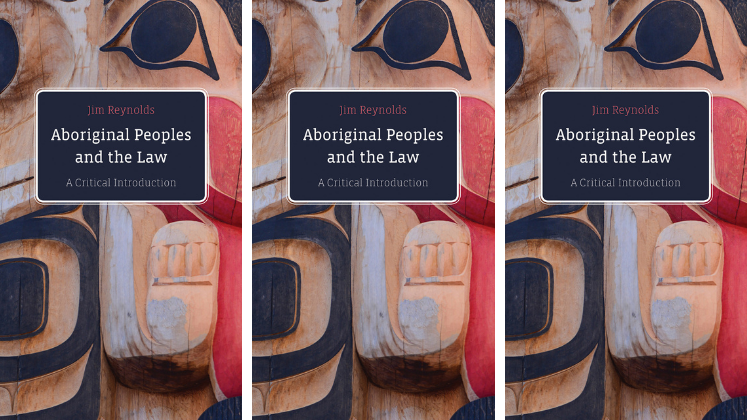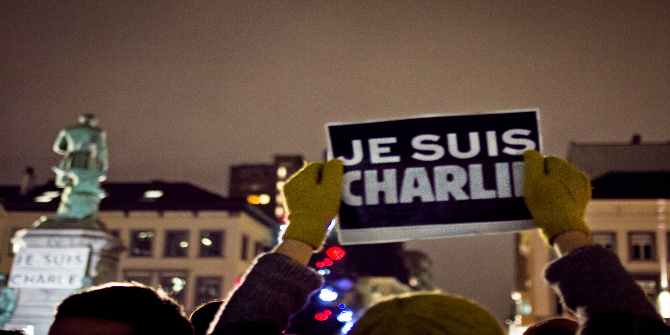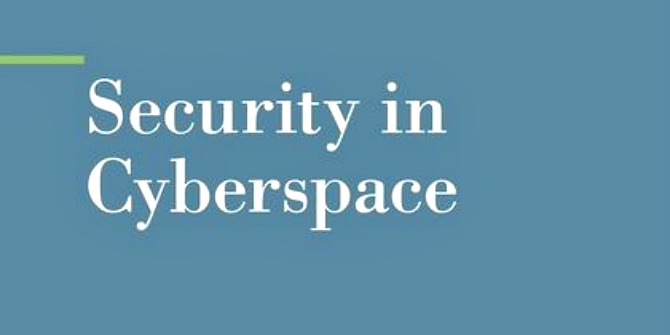
Most liberal societies are deeply committed to the principle of free speech. At the same time, however, there is evidence that some kinds of speech are harmful in ways that are detrimental to important liberal values such as social equality. Might a genuine commitment to free speech require that we legally permit speech even when it is harmful, and even when doing so is in conflict with our commitment to values like equality? Kally Zarali regards Speech & Harm as a valuable guide for the theoretical exploration of the fields of linguistics and free speech.
 Speech and Harm: Controversies over Free Speech. Ishani Maitra and Mary Kate McGowan. Oxford University Press. May 2012.
Speech and Harm: Controversies over Free Speech. Ishani Maitra and Mary Kate McGowan. Oxford University Press. May 2012.
Enhanced communication possibilities, wide access to networks that enable free and open public expression, and the protection of free speech as a fundamental human right form the basic pillars of liberal democracy in many countries today. Modern societies are committed to protecting the right of expression, and international Conventions and national constitutions around the world recognize this human right as a sine qua non prerequisite for the development of society. Human history, however, has often evidenced that misuse of speech can prove disastrous.
Speech and Harm: Controversies Over Free Speech covers legal, social, political and philosophical approaches to the functioning of the right to free speech, and considers its complex relationship with harm and the question over the need to legally regulate it. The volume brings together and into fruitful dialogue important theoretical work done in the field in order to theorize less discussed categories of hate speech, including pornography, hate speech, Holocaust denial literature, and ‘Whites Only’ discourse. The contributors, from a variety of disciplines, employ tools from a wide perspective of frameworks, including pragmatic approaches, inferential role semantics, and Habermas’ theory of communication, in their proposals for remedies and counter-practices for harmful speech. Edited by Ishani Maitra, Professor of Philosophy at the University of Michigan and Mary Kate McGowan, Professor of Philosophy at Wellesley College, the book presents a collection of absorbing essays, focusing mainly in the US, but also in Australia and Europe. The reader will also find an extensive historical insight on Rwanda and pre-genocidal hate speech, as well as a brief but substantial overview of the arguments sustained by Holocaust deniers.
Derogatory and subordinating remarks, hate speech and propaganda are of course still to be observed widely, endangering peace and stability in society. In Europe, the ever-deepening financial depression is giving rise to extreme political parties that bring back to the agenda hate speech and rhetoric of the past. Marine Le Pen’s “Front National” (FN) received almost 18% of the vote in the last presidential election in France, while in the Netherlands – although at the moment in decline – the danger of far-right extremism still poses a substantial threat. On the other hand, “Golden Dawn” in Greece, a far right-wind party that uses similar rhetoric and even practices to traditional Nazism is becoming increasingly more popular.
The legal recognition of freedom of speech functions most frequently as a means of legalization or a reason to allow and tolerate disagreeable speech. But is this acceptable beyond any regulation? The writers disagree with any kind of free speech absolutism and believe that harmful speech has to be addressed either in the form of legal regulation or in a form of behavioral change on the part of the targets of such speech.
Mary Kate McGowan, who focuses on racist speech in the US, proposes some sort of regulation of free speech. Although it is widely accepted (especially in the US) that racist hate speech is a kind of political speech and should be addressed as such, she argues that it constitutes an (otherwise illegal) act of racial discrimination and it cannot be viewed as protected political expression. The writer draws references to the First Amendment that functions as shield in this case, making it considerably more difficult to regulate racist speech. But it does not make it impossible, argues McGowan, citing as an example the exceptions allowed in the case of defamation.
But what happens in cases where no legal framework protects the targets of hate speech or, as Laura Beth Nielsen writes, when the harassers relish the protection of the state? “More speech” is usually proposed as a potentially effective counter-practice. Based on her empirical research with targets of hate speech however, she expresses her reservations. Nielsen interviewed 100 individuals (63% women, 37% men) in public spaces in California, and in in-depth interviews lasting one hour each, found that “more speech” is not always possible and not really effective. In fact, only 16 of 100 subjects indicated that they had ever responded verbally to a racist comment. As the author underlines, most of the targets of such speech usually tend to ignore it, or avoid to counter it, due to fear or because they feel vulnerable. According to Nielsen, men are more likely to be willing to engage in a conversation that could potentially escalate into something more threatening, since they are less likely to be physically vulnerable; women on the contrary are usually more afraid to react. Nielsen does not believe interaction with the harasser is likely to change his (or her) mind. Thus, as she puts it, “more speech” requires the burden to be borne by the target and most frequently with no help from the state.
Katharine Gelber believes that a policy of “speaking back” could be fruitful. According to her proposal, individuals, who are the targets of hate speech, should be provided with institutional, educational and material support so that they are enabled to speak back, to react and contradict to hate speech. They should be given the necessary resources that will enable them to make the community aware of the problem. Such means could be access to media – where they could express their problem, present their argumentation and counter racist agenda. According to Gelber, this is a “speech- enhancing policy” that would help them develop their central human functional capabilities. Punishing hate speakers does neither of contradicting the messages or counteracting the effects, underlines the writer.
This reviewer considers the book to be a comprehensive guide to the issue of free speech and its relationship with harm and thinks that it could serve as a good companion to foster the development of a relevant course. The book can also be recommended to a wider audience, since it touches upon an issue of great complexity and immediacy in our times.
————————————————————————————–
Kally Zarali is a PhD student in Journalism and Mass Media at the Aristotle University of Thessaloniki in the field of External Policy and the Media. Her special interests focus on new media and identity issues. Currently, she is researching the expression of nationalism and cosmopolitanism in the Greek blogosphere. She also works as a journalist for the Greek Public Television, ERT, covering international news, academic and scientific issues. Read more reviews by Kally.







